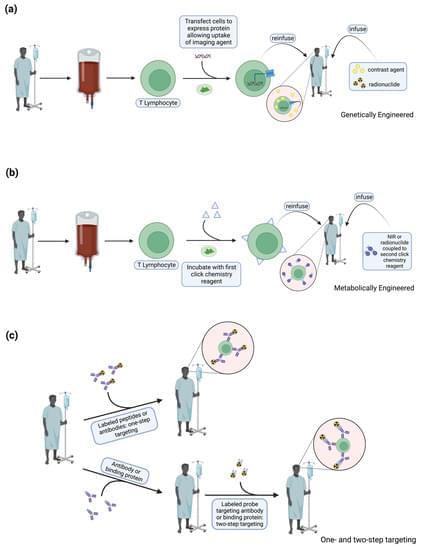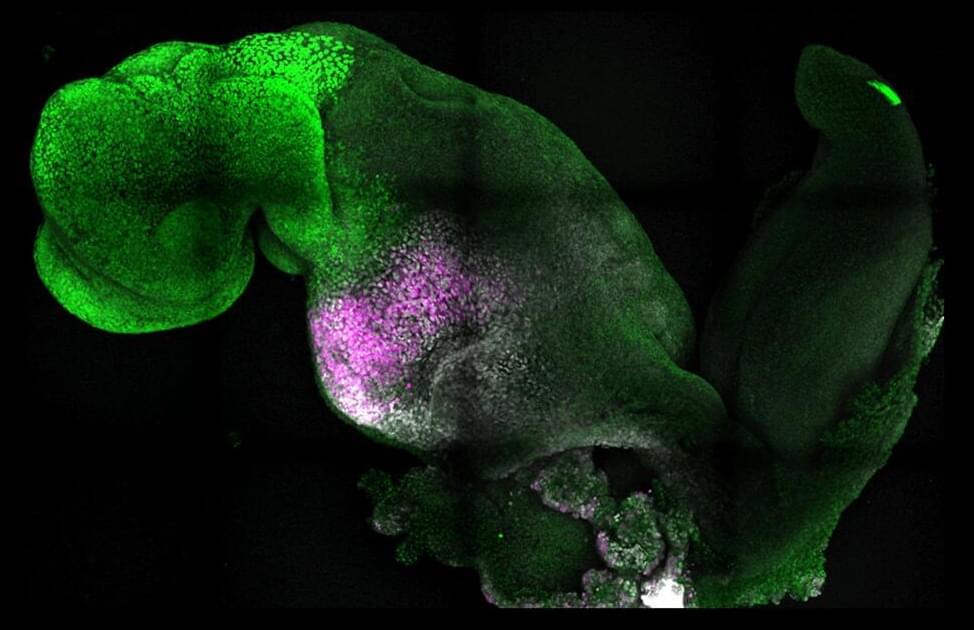Jun 15, 2023
Remote-Controlled Pill Camera Can Help Diagnose Digestive Issues
Posted by Omuterema Akhahenda in categories: biotech/medical, electronics
Scientists have developed a pill-shaped, swallowable camera that can be controlled by physicians once ingested to help doctors diagnose digestive issues.
Ingestible pill-shaped endoscopes are not a new idea. Last year, PetaPixel reported on the Pillcam which is just such a device, but it had limitations just like all other swallowable pill cameras: doctors can’t control it once it is ingested.
Continue reading “Remote-Controlled Pill Camera Can Help Diagnose Digestive Issues” »

















